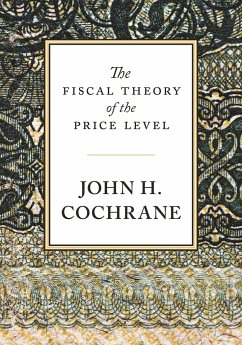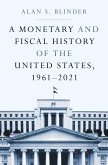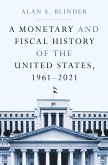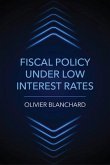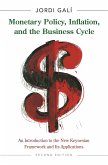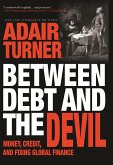"Inflation, in which all prices and wages in an economy rise, is mysterious. If a war breaks out in the Middle East, and the price of oil goes up, the mechanism is no great mystery-supply and demand often work pretty visibly. But if you ask the grocer why the price of bread is higher, he or she will blame the wholesaler, who will blame the baker, who will blame the wheat supplier, and so on. Perhaps the ultimate cause is a government printing more money, but there is really no way to know this for certain but to sit down in an office with statistics, armed with some decent economic theory. But current economic theory doesn't really explain why we haven't seen inflation for so long, and more and more economists think that current theory doesn't hold together, or provide much guidance for how central banks should behave if inflation does break out. Many also worry that central banks have much less power over the economy than they think they do, and much less understanding of the mechanism behind what power they do have. The Fiscal Theory of the Price Level is a comprehensive new approach to monetary policy. Economist John Cochrane argues that money has value because the government accepts it for tax payments. This insight, he argues, leads to a deep re-reading of monetary policy and institutions. Inflation comes when a government is unable to repay its debts, rather than from mismanagement of the split of debt between money and bonds. In the book, he will analyze institutional design, historical episodes, and compare fiscal theory to the Keynesian and new-Keynesian theory based on interest rate targets, and to monetarism. The book offers an overview and introduction to the range of contemporary monetary economics and history of thought as well as the fiscal theory"--
Hinweis: Dieser Artikel kann nur an eine deutsche Lieferadresse ausgeliefert werden.
Hinweis: Dieser Artikel kann nur an eine deutsche Lieferadresse ausgeliefert werden.

